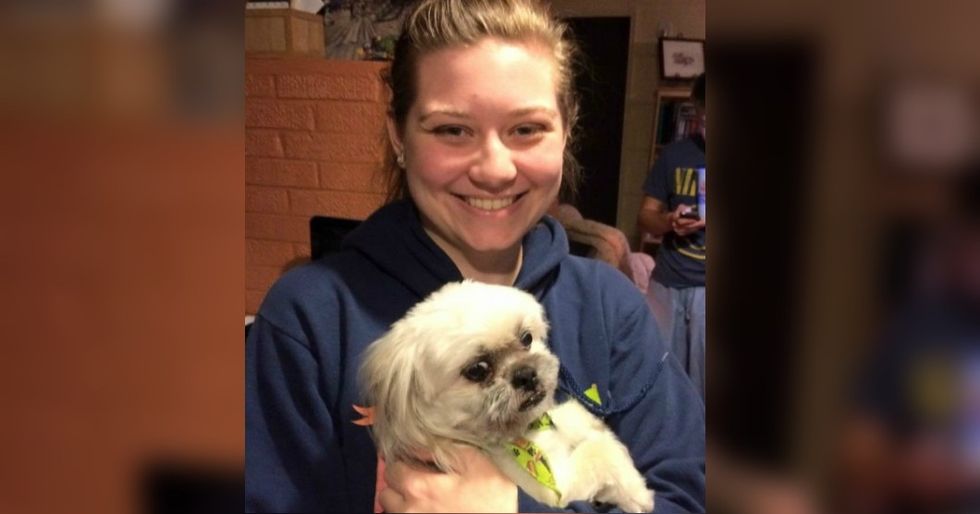An idea that has been growing across the US lately is an animal abuser’s registry.
This would work similarly to the sex offender’s registry. Animal abusers would be forced to put their name in a local registry and have their access to animal contact stripped away severely. In addition, neighborhoods would get warnings if an animal abuser moves in nearby, and warn potential employers if an animal abuser were to apply for a job.
This law is being practiced at a local level in a couple of counties around the US, but Tennessee as a whole has the registry implemented, meaning no animal abuser in Tennessee will have their identity protected. Other states and counties are working to enact registries of their own for animal abusers.
Now, most of you will most likely agree with me when I ask why this isn’t being practiced around the country. Not only does it make sense to have this sort of thing in place, but anyone with common sense knows that you have to be pretty scummy to abuse animals. On a psychological side, animal abusers will often times turn into sexual predators, child abusers, or even murderers. Jeffrey Dahmer is a prime example of this: as a kid, he loved to kill his neighbor’s pets, and as an adult turned his abuse to boys. Ted Bundy was similar before he became a serial killer but also watched as his father abused animals while he was growing up.
I can also speak from personal experience when I say that this is a good idea because I have a pet dog who we believe was abused before we adopted him back in 2007. He was a year old when we got him and weren’t aware of any bad habits that he had. After having him for a week those habits began to show: pottying in the house, wriggling through gaps in our fence to escape the yard, and, most importantly, biting. For years I have had to warn every single person I’ve had over not to pet him when they first come over, and to let him come to them. Anyone who has faced his wrath has been confused about it. I’ve even had trouble understanding it for years, and just blamed it on him being a jerk.
As I got older, my mom told me more about what his first year of life was like: he lived with a young family who had two small children. The parents worked long hours, and rather than having him roam the house while they were away, they kept him in a kennel for almost full days at a time. This idea was probably good in the family’s eyes, but in reality is still very abusive because our dog never got a chance to socialize or be fully potty trained, crucial steps for a dog to function properly as an adult. We don’t know if he was ever beaten, but he flinches sometimes when we pet him, so that speaks louder than what anyone else will say.
Upon learning of my dog’s broken past, I realized it gave him dimension. Even though I’m a self-proclaimed animal lover, I would find myself getting frustrated with my dog constantly, and often felt like I didn’t need to understand him while I was growing up. But by giving him dimension, I am able to see how hard he has had to fight just to make up for what he lacked during his first year. I now have an explanation when people ask why my dog is mean, and I can find ways to bond with him without pushing him to his limits.
I think this is something we could all benefit from: learning more about an abused animal’s background and history. Since we can’t convey what they’re saying or thinking, I think we at least owe them that. I believe an animal abuse registry will help us to better understanding animals on a personal level while also learning who gets to stay far away from our precious pets.






















